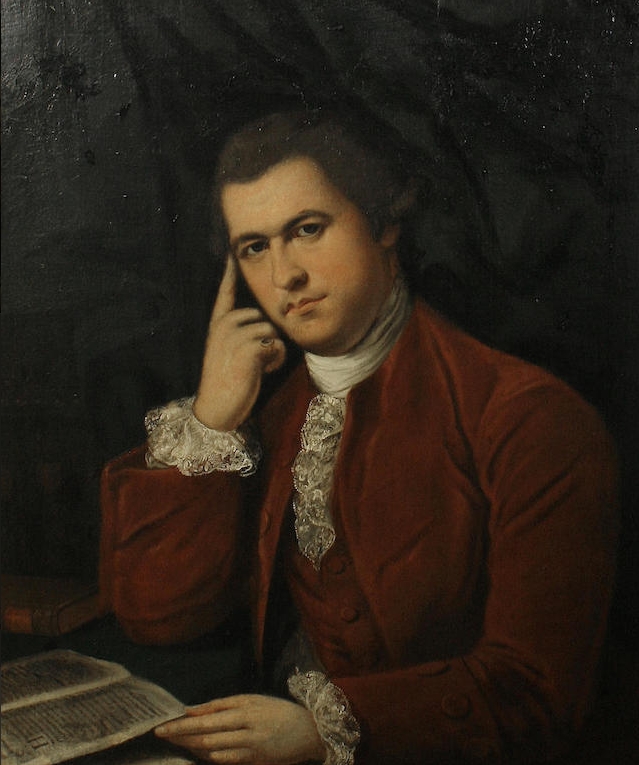BRYAN EDWARDS (1743-1800)
The purpose of this site is to give a fuller and more accurate account than has hitherto been available of the life, writings, and career of Bryan Edwards (1743-1800), politician, merchant, planter, slave-owner and historian of the British West Indies.

Previous biographical accounts have relied for information about Edwards’s early life and family background on the “Sketch of the Life of the Author” which he wrote as preface to the third edition of his History, Civil and Commercial, of the British Colonies in the West Indies (1801). Other sources however show that the Sketch is unreliable as a factual record: Edwards was terminally ill when he composed it, and his prime concern was simply to describe his formative experiences as a writer. His “personal history”, he claimed, was of little interest or importance: “Yet I feel the fond ambition of an Author, and am willing to hope, that those who have read my Book with approbation, will be glad to know something further concerning me.” That sentence was followed by a quotation, “For who, to dumb forgetfulness a prey,” the first line of two stanzas on the fear of being forgotten after death, from Thomas Gray’s famous Elegy written in a Country Churchyard. In the context of Edwards’s nostalgic reminiscences in the Sketch of youthful years in Jamaica devoted to reading and writing poetry, the allusion suggests that his “fond ambition” was to be remembered after his own death not only as the author of the history of the West Indies but as a poet. The composition, printing, and occasional publication of verse was a preoccupation throughout his career. No extravagant claims are made for the aesthetic merits of his poems but they are of biographical value: they provide glimpses into his social and personal life, and shed light on his political views and changing attitude towards enslaved Africans.
The most important influence on his career as a merchant, planter, and politician and the primary source of his wealth was his uncle, Zachary Bayly of Jamaica (1721-69), an account of whom is included in these pages. Bayly was a prominent figure in commercial and political circles in mid-eighteenth century Jamaica, and is known to economic historians as an example of the huge fortunes that could be made out of the sugar industry in the West Indies by means of slave-labour. He is virtually forgotten otherwise, but his life can be reconstructed from archival sources in Somerset and Jamaica.
Dr Karina Williamson has published a number of works about the history and sociology of slavery in the Caribbean. The focus of these works is on representations based on first-hand experience or observation of slavery, including the voices of the enslaved. Her work pre-dates the recent exponential growth in academic, political and cultural interest in slavery under British rule, including when she first started working on the life of Bryan Edwards. The Institute for Advanced Studies in the Humanities and Dr Williamson both recognise the difficult and sensitive issues associated with doing work in this field, especially when made publicly accessible. Bryan Edwards and others referred to on this website were slave-owners, and the people they enslaved suffered because of having their liberty taken from them, and for many other reasons as well. Slave-owners in the eighteenth and nineteenth century cannot be exonerated, in terms of how slavery is now perceived and condemned under the law, nor is this website intended to do this in any way. We therefore trust that the website will be viewed and used as a valuable addition to historical studies about slavery. It is not a celebration of a slave-owner and we do not wish it to cause any offence.
